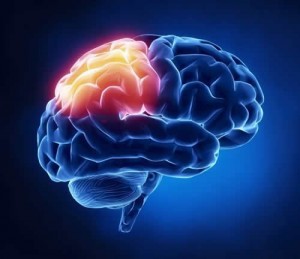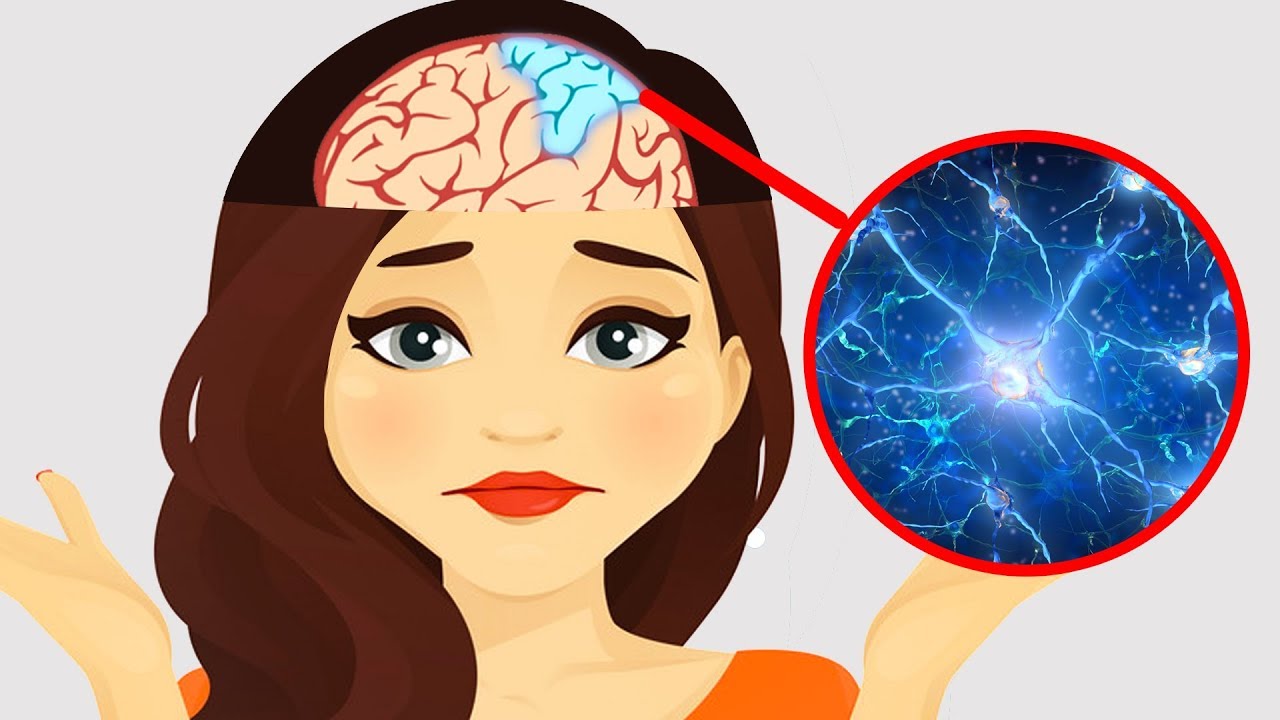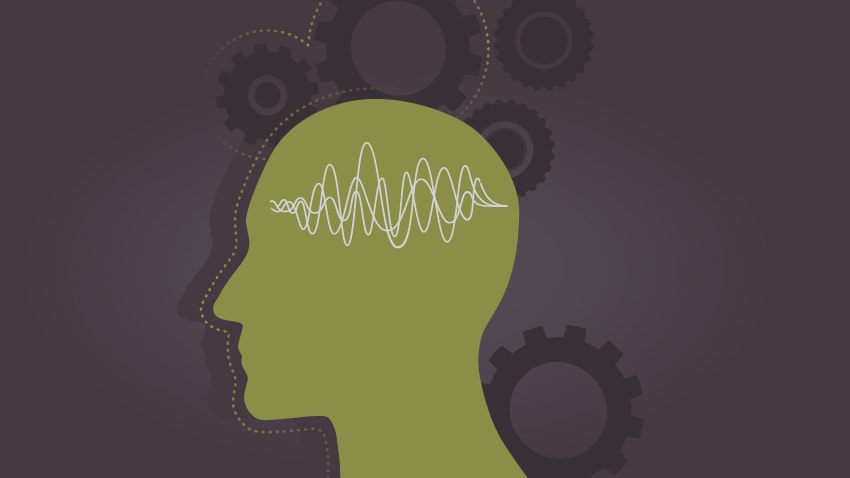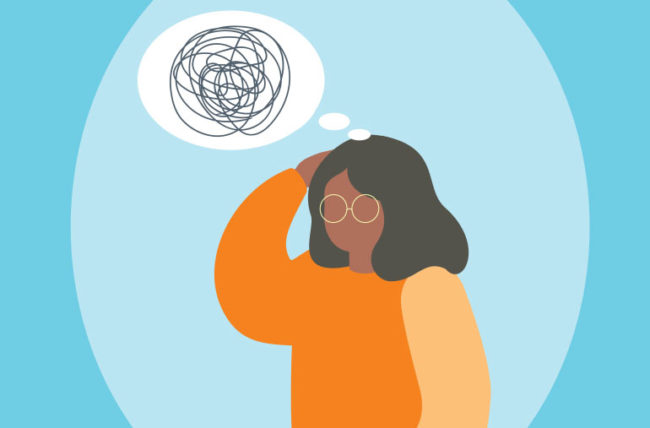What is the unconscious? The unconscious mind is a mysterious thing. It is the source of our creativity and intuition, and it also holds onto our memories and experiences. In this blog post, we will discuss what the unconscious is, its functions, and how it affects our lives. We will also explore some of the myths and misconceptions about the unconscious mind. Stay tuned for an in-depth look at one of the most fascinating aspects of human psychology.
Contents
What Is Unconcious Mind?
 The unconscious mind is a term that is used to describe the part of your mental life that is not always accessible to you. This part of your mental life includes all the things that you are not aware of, including your thoughts, feelings, and memories.
The unconscious mind is a term that is used to describe the part of your mental life that is not always accessible to you. This part of your mental life includes all the things that you are not aware of, including your thoughts, feelings, and memories.
The unconscious mind is important because it helps you to process information and make decisions without having to consciously think about it. For example, when you see someone you know walking down the street, you do not have to think about what to say to them- your unconscious mind takes care of that for you.
The unconscious mind is also responsible for many of the things that you do automatically, such as blinking and breathing. It also includes the things that you are not aware of on a conscious level, such as your hidden desires and motivations.
Signs of Unconcious Mind

There are many signs of an unconscious mind. some of these are:
Random Thoughts
Sometimes unconscious mind also means random thoughts. it can be a flow of images, memories, or ideas that seem to come from nowhere. It also means that you might not be able to explain why you feel a certain way or think a certain thought.
Repressed Memories
Another sign of an unconscious mind is repressed memories- these are memories that have been pushed out of your conscious mind because they are too painful or traumatic to remember. Repressed memories can sometimes cause problems in your life, such as anxiety or depression because they still have an effect on your behavior even though you are not consciously aware of them.
Dreaming
One of the most obvious signs of an unconscious mind is dreaming. Dreams allow you to process information and emotions that you cannot deal with during the day. They also help you to sort through different aspects of your life and figure out how to solve problems. This is why dreams often seem to make sense after you have had them. This is also why it is important to pay attention to your dreams and try to remember them.
Tiredness
Tiredness and lack of motivation are also signs that your unconscious mind needs some rest. Sometimes when you are feeling overwhelmed or stressed, your unconscious mind will take a break by making you feel tired. This is your body’s way of saying that it needs some time to recharge.
Obsessions
Another sign is obsessions- these are thoughts or feelings that you cannot get rid of no matter how much you try to ignore them or push them away from yourself. They may seem irrational, but they often have deeper meanings underneath the surface level meaning (such as when someone becomes obsessed with cleanliness because there was a traumatic event in their past related to dirtiness).
Bodily Functions
Sometimes the unconscious mind will send signals to the body in the form of physical symptoms. This is why people often say that they “knew something was wrong” even though they could not put their finger on what it was. Some common bodily signs that are associated with an unconscious mind are headaches, stomach aches, backaches, and fatigue.
Pain
Sometimes people experience physical pain as a sign of an unconscious mind. This is because the body sometimes uses pain as a way to get your attention and tell you that something is wrong. Pain can be a warning signal from the body that tells you to pay attention to what is going on inside yourself. It can also be a sign that something is wrong emotionally or mentally.
Causes of Unconcious Mind

There are many causes of an unconscious mind. Some of these are:
Trauma
One of the most common causes of an unconscious mind is trauma. This can be physical or emotional trauma, such as a car accident, sexual assault, or the death of a loved one. Trauma can cause memories to be pushed out of your consciousness because they are too painful to remember.
Stress
Another common cause is stress. When you are stressed out, your body goes into “fight or flight” mode and starts producing hormones like adrenaline and cortisol. These hormones can interfere with your ability to think clearly and make decisions on a conscious level. This is why it is important to find ways to relax and de-stress in order for your unconscious mind to function properly. It
Depression
Depression can also be a cause of an unconscious mind. When you are depressed, it often feels like your brain is foggy and you cannot think straight. This is because depression is causing chemicals to be released in your brain that interferes with your ability to process information.
Anxiety
Anxiety can also be a sign that something is going on unconsciously. When you are anxious, it often means that there is something that you are worried about but you do not have enough information to deal with it yet. This can be a sign that there is something going on subconsciously that needs attention.
Medication
Some medications can also cause problems with the functioning of the unconscious mind. If you are taking medication and experiencing any of the symptoms above, you should talk to your doctor about whether or not it could be causing issues for you. Sometimes people need to change their medication in order to help the unconscious mind function properly.
Major Illness
Sometimes major illnesses can cause problems with the functioning of the unconscious mind. This is because an illness can interfere with how your brain processes information and interacts with itself. If you are experiencing any of these symptoms, it would be wise to see a doctor in order to rule out medical causes for them before considering psychological causes such as those listed here.
Injuries
Any injury that affects your head or neck area could potentially impact the functioning of the unconscious mind. It’s important not to ignore signs like headaches or backaches which might indicate a more serious problem than just sore muscles from exercise.
Impacts of Unconcious Mind

There are many impacts of an unconscious mind. Some of these are:
Memory Loss
Sometimes people experience memory loss as a result of having an unconscious mind. This may be due to trauma or stress that has occurred in the past, but it is also possible for someone who does not have any history of these things to lose their memories because something else happened which caused them too much stress at some point during childhood development.
Impaired Decision-Making
Sometimes people make poor decisions when they are dealing with an unconscious mind. They might choose to do something that seems like a good idea at first, but then later realize how bad it was for them and wish they hadn’t done so! For example, A person might decide on impulse buying new clothes despite knowing full well he/she doesn’t need anything right now because the higher brain has been overruled by a more primitive part of the brain that is in charge of basic survival instincts.
Inability to Concentrate
When someone’s unconscious mind is not working properly, it can often be very difficult to concentrate on anything. This might be because there are too many things going on in your head at once, or because you are so stressed out that you cannot focus on anything.
Suicidal Thoughts and Behaviors
One of the most serious impacts of an unconscious mind is when someone experiences suicidal thoughts or behaviors. When this happens, it means that there is something going on in their life that they cannot cope with and they feel like suicide is the only way out. If you are experiencing these thoughts or behaviors, please get help right away! There are many people who can help you, and suicide is never the answer.
How To Deal With Unconcious Mind?

There are many ways that you can deal with an unconscious mind. Some of these are:
Talk Therapy
Talking to a therapist is often one of the best ways to deal with an unconscious mind. This is because they can help you figure out what might be going on subconsciously and give you tools to deal with it. Sometimes this is all someone needs to start feeling better.
Self-Care
Another great way to deal with an unconscious mind is through self-care. This means taking care of yourself both physically and emotionally. Some things you might want to do include exercise, relaxation techniques, healthy eating, and getting enough sleep.
Support Groups
There are also support groups available for people who are dealing with issues related to their unconscious mind. These can be very helpful in providing a safe space for you to share your experiences and connect with others who understand what you are going through.
Meditation or Yoga
Meditation or yoga is also another great way to deal with an unconscious mind. This is because these activities can help you focus on the present moment and let go of any negative thoughts or feelings that may be causing problems in your life right now.
Take Time For Yourself
Sometimes these strategies may not be enough, and you just need some time to yourself. This means taking a break from everything and relaxing in a way that is best for you. Maybe this means reading your favorite book, going for a walk in nature, or taking a bath. The important thing is to do something that allows you to relax and de-stress.
Conclusion
The unconscious mind is a part of you that controls many things without being aware they’re happening. It’s important not to ignore signs like headaches or backaches which might indicate there are problems going on below the surface level! If someone experiences suicidal thoughts or behaviors, please get help right away; suicide never solves anything permanently so don’t do it if possible!. Some people choose therapy as one option for dealing with issues related to their unconscious minds while others find support groups useful too.
A Word From Therapy Mantra
Your mental health — your psychological, emotional, and social well-being — has an impact on every aspect of your life. Positive mental health essentially allows you to effectively deal with life’s everyday challenges.
At Mantra Care, we have a team of therapists who provide affordable online therapy to assist you with issues such as depression, anxiety, stress, relationship, OCD, LGBTQ, and PTSD. You can take our mental health test. You can also book a free therapy or download our free Android or iOS app.


